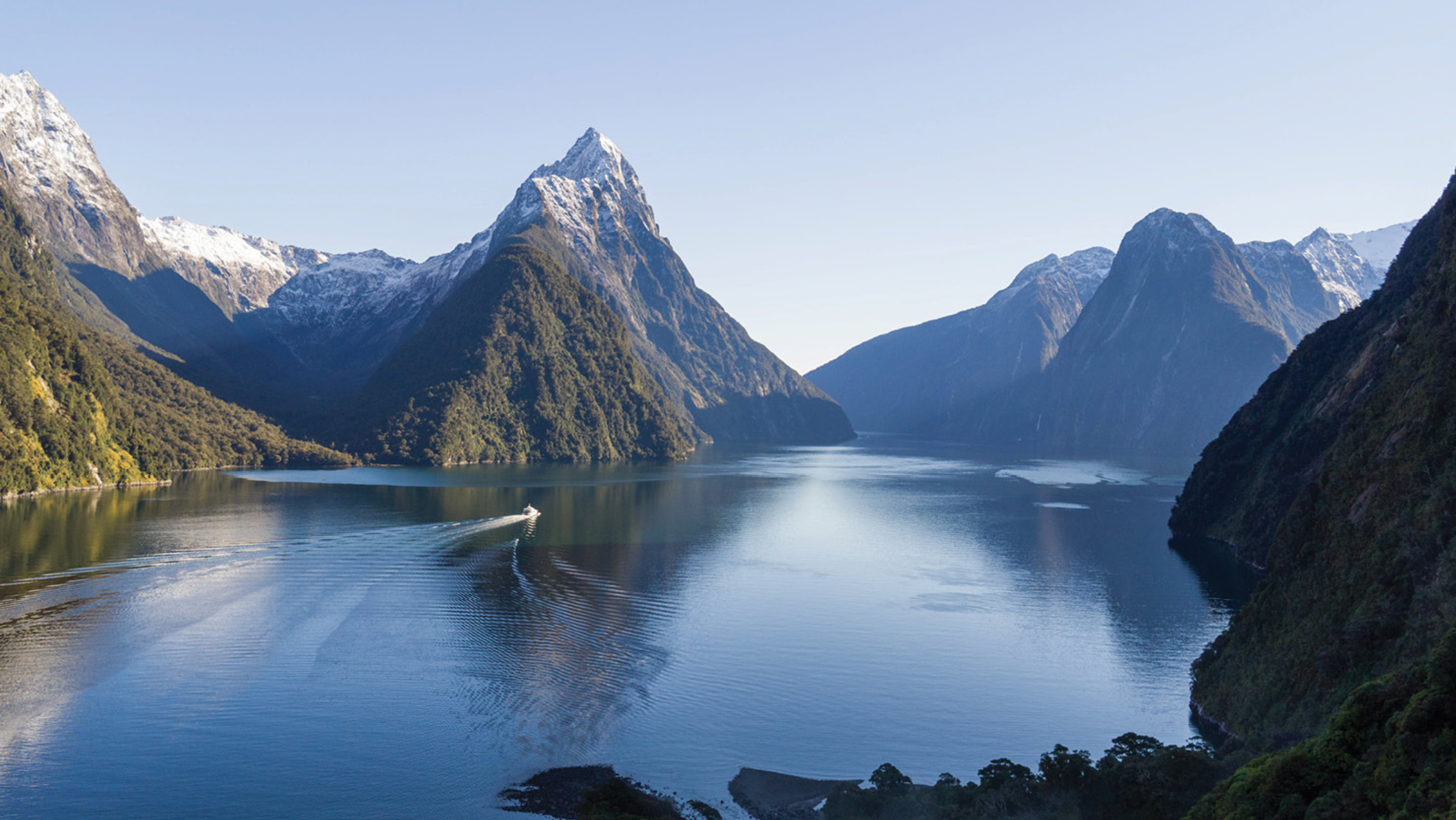The managing director of a Sydney port services company has reported an alleged “extortion attempt” by a former staff member to police after a dossier was sent to the media alleging documents on hull cleaning were “falsified”.
The anonymous dossier, which included receipts for hull cleaning, was also sent to cruise lines and claimed an anonymous staff member alerted New Zealand authorities.
Mr Harold Van Haltren of Sierra Fleet Services told Cruise Passenger he was aware of the documents, maintaining they were part of “an extortion attempt by a former employee”. Mr Van Haltren said he had informed NSW Police and maintained his report is currently being investigated.
Sierra Fleet Services, based in Sydney’s Bondi Junction and with a wharf in Papua New Guinea, was reportedly hired by a number of cruise lines to deal with hull cleaning after New Zealand implemented its biohazard regulations, designed to keep pristine areas like Milford Sound clear of pollution and environmental damage.
The company has a fleet of five service vessels and handles fleet management.
Its website last night carried this message: “Due to Sierra Fleet Services recently being falsely represented, all inquiries regarding past or current employees should be brought to us immediately.”
The extraordinary twist comes after over ten cruise liners from Australia were turned away from New Zealand’s beautiful Fiordland region over biohazard fears, ruining thousands of holidays and leaving cruise companies facing huge bills for hull cleaning and compensation.
Cruise Passenger‘s story last week sparked dozens of comments from guests about who was to blame for the continuing debacle.
Ministry for Primary Industries New Zealand told Cruise Passenger they had been made aware of the allegations in the documents – but had so far found no wrongdoing and disputed many of the facts claimed in the dossier.
Biosecurity New Zealand Environmental Health Manager Paul Hallett said: “We are aware of allegations about falsified documents relating to hull inspections carried out by contractors. Biosecurity New Zealand hasn’t found evidence of deliberate wrongdoing.
“However, we have noted some inadequacies with some recent underwater inspection reports. We have been communicating directly with hull cleaning companies and vessel operators to reiterate New Zealand’s strict requirements.”
Mr Hallett said the system for arriving cruise ships is a screening of their documentation, then if there is reason to believe the biofouling requirements haven’t been met, a hull survey will be conducted.
“We screen biofouling documents supplied by the cruise ship operator before the vessel arrives in New Zealand. Based on this screening, the vessel may be directed to undertake a hull survey on arrival if we have reason to believe it doesn’t meet biofouling requirements.
“There is also a schedule in place to ensure arriving vessels undergo regular assessment. This may include physical inspection. A biofouling assessment can also be triggered by an increase in risk – for example, vessels that have had a long layup since their previous assessment. We also target vessels that are coming to New Zealand for the first time and those that have failed previous assessments.”
Mr Hallett said a more scrutinised approach is being employed.
“We have taken a higher interest in documents supplied by some operators. However, the additional scrutiny has not prevented any vessel from entering New Zealand.
“Wherever we have concerns with the reports presented to us, we elevate our on-arrival verification activities. That means we may require more information to be supplied, or Biosecurity New Zealand may direct a dive inspection on the vessel in question to verify the state of the hull.”
While Mr Hallett could not comment directly on the allegations, he said there is currently no police investigation from Biosecurity New Zealand’s end.
Two lines mentioned in the documents, Viking and Princess Cruises, declined to comment.
The anonymous dossier claimed UVC Sterilisation Certificates had been falsified.
Mr Hallett said: “You should also be aware that Biosecurity New Zealand does not recognise UVC sterilisation as an approved treatment for biofouling. We would not consider a UVC sterilisation certificate as part of our biofouling assessment.”
The document does not claim or suggest that any cruise lines entered into any fraudulent practices knowingly, and Mr Hallet insisted there was no investigation into any practices by cruise lines.








